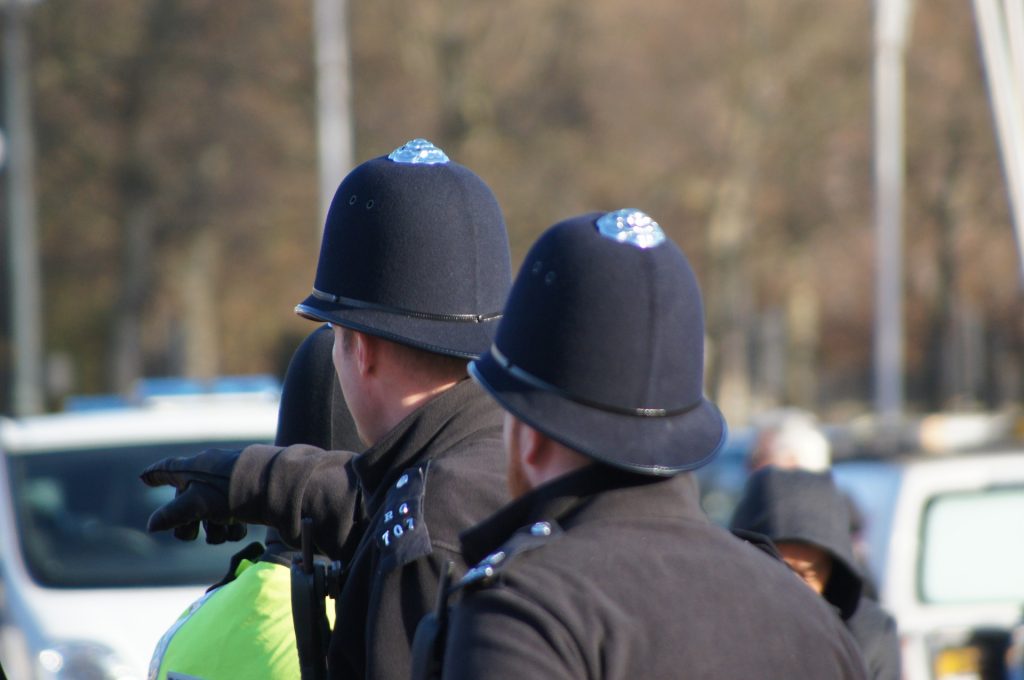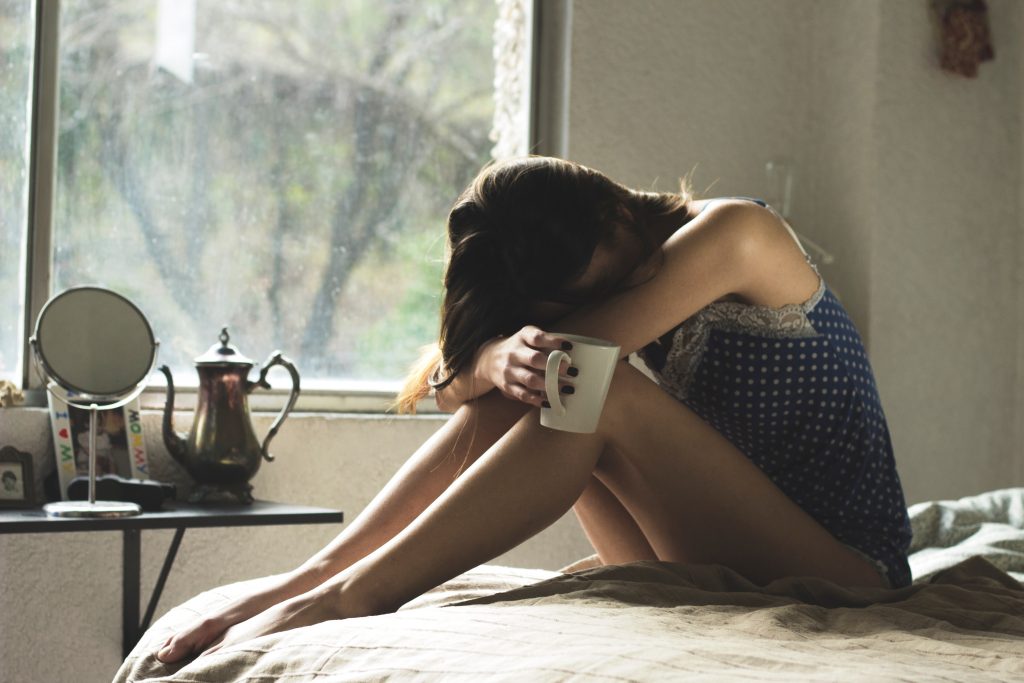Sex workers have made a fresh call for decriminalisation as part of a push to create better safety for women.
The English Collective of Prostitutes (ECP) is launching it’s #makeallwomensafe campaign on March 3, International Sex Workers’ Rights Day, to push for the decriminalisation of sex work to create safer environments for women. Watch their video here.
ECP spokeswoman Niki Adams told RightsInfo that changing the law is an “urgent” matter because of the frequent violence that sex workers face.
Decriminalisation is a first necessary step towards ensuring human rights for sex workers are realised.
Chiara Capraro, Amnesty International
“Women contact us daily who have been raped, attacked, robbed, stalked and harassed. Much of this violence is hidden because women can’t report to the police for fear of arrest and for those of us who are migrant, fear of deportation,” Adams explained.
The campaign is supported by a number of activist groups, including Amnesty International who said that decriminalisation is “a first necessary step towards ensuring human rights for sex workers are realised”.
“Sex workers around the world face a host of human rights abuses exacerbated by criminalisation and stigma,” added Chiara Capraro, a spokesperson for the group.
Unwanted Police Attention

Credit: Pixabay
One sex worker involved in the campaign who has worked on the streets for the last three years explained that she is tired of having to “move to different street corners, dip into doorways and hide in alleyways to avoid the police” and hopes for a day she can be with friends between work.
She said: “I was sitting with my friend at a bus stop and the police came and said they are going to search us. My friend had some condoms on her and the police said to me that I had to say they were mine otherwise they would arrest my friend. I did that and they immediately arrested me. I was fined £250 which of course I had to earn by going back out to work.”
Even though sex work is legal, the law makes it illegal for sex workers to work together.
“[This is] forcing women to make a choice to either work together with others in relative safety and face the possibility of arrest…or avoid a criminal record and put ourselves in danger,” Adams explained.
Better For Business

Credit: Unsplash
It is not just workers who are criminalised, but those around us.
Lizzy, a sex worker
Lizzy, a sex worker in the south of England, told RightsInfo that decriminalisation would give her the opportunity to work in a safer environment with colleagues in a brothel, as well as expand her business.
“Most of us would like to [work with others] for safety but it is just not worth having a conviction for ‘brothel keeping’ for the rest of my life, just because I worked from the same premises as a friend, even as an independent with totally separate businesses,” she explained.
The 28-year-old added that she would like to hire someone to help with the admin side of her work, as well as cleaning and security but does not want to risk them being criminalised.
“It is not just workers who are criminalised, but those around us,” she said.
Reporting Abuse
 Credit: Unsplash
Credit: Unsplash
Treating sex workers like criminals sends out a signal that women’s lives are less valuable.
Lisa Longstaff, Women Against Rape
Across Europe, criminalisation of sex work directly impacts women as they are often unable to report crimes without putting themselves in the crosshairs of the authorities.
“The decriminalisation of sex work is a necessary first step towards ensuring safety and rights of all those selling sexual services, whatever their reason to do so,” explained Luca Stevenson, a spokesperson for the International Committee on the Rights of Sex Workers in Europe (ICRSE).
Lizzy has never faced serious violence in her work, although she has had to ask some clients to leave, but feels the need for added security because the “threat to call the police does absolutely nothing”.
“I’m extremely worried that if I do face violence or harassment I will not be taken seriously,” she said.
Lisa Longstaff, a spokesperson for Women Against Rape, added that criminalisation must end.
“Treating sex workers like criminals sends out a signal that women’s lives are less valuable and makes it harder for them to report rape and other violence to the police and get the protection that others are entitled to,” she said.
A Way Out

Credit: Unsplash
Some areas of the UK have reported a rise in the number of sex workers as a result of austerity cuts, with Sheffield reporting a 166 per cent increase.
After decriminalisation happened in New Zealand in 2003, over 90 per cent of sex workers said they gained legal, health and safety rights. 65 per cent found it easier to refuse clients, and 70 per cent were more likely to report a violent attack to the police.
The majority of sex workers are mothers who are just trying to survive and provide for their families.
Sarah Solemani, activist
Campaigners hope that as well as creating safer working conditions, decriminalisation will give women a way out of the industry because they will no longer have a criminal record if they were once caught.
“The laws do not keep women safer; they make it very difficult for women to leave sex work,” explained Sarah Solemani, an activist.
“The majority of sex workers are mothers who are just trying to survive and provide for their families. It really is time to lift these laws and to have the full decriminalisation of sex work.”
As part of the campaign, ECP have released a short film and are petitioning the government.
Main image credit: Unsplash







